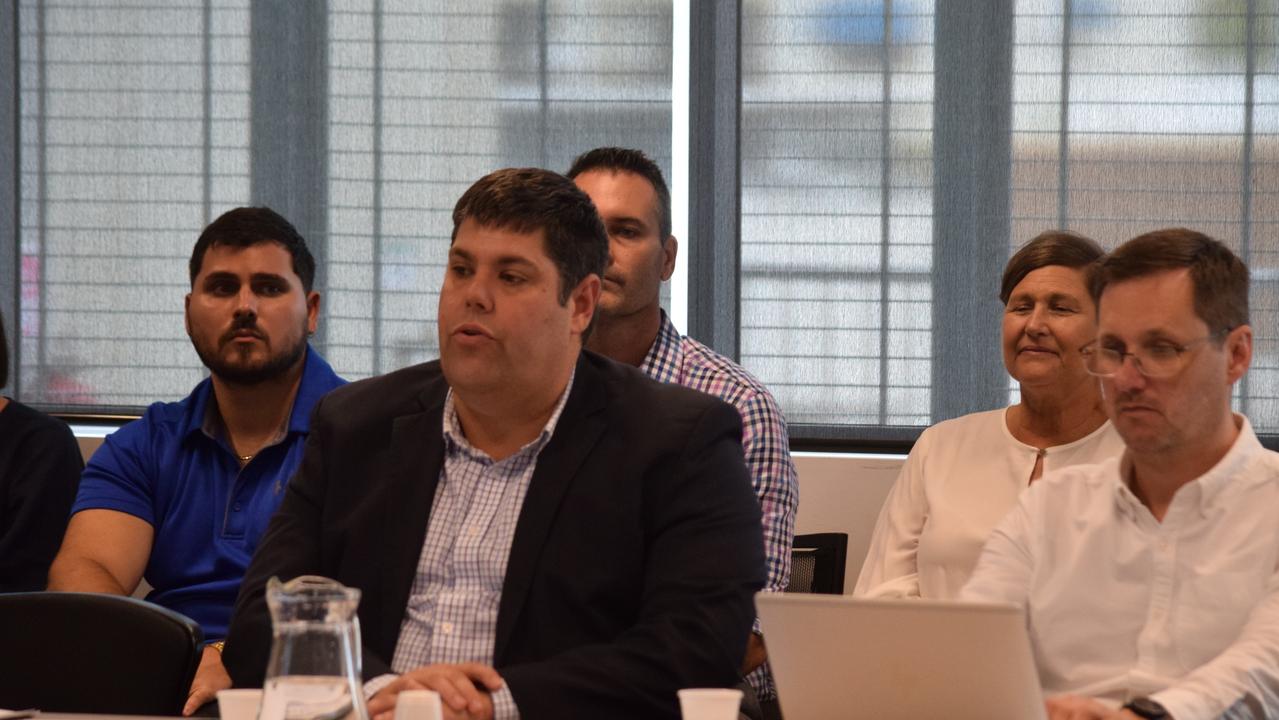Townsville councillor’s urge to examine $900m council expenditure
Supply-chain issues and contractor unavailabilities have led to a $59m discrepancy which had worried councillors. Here’s what caused it.
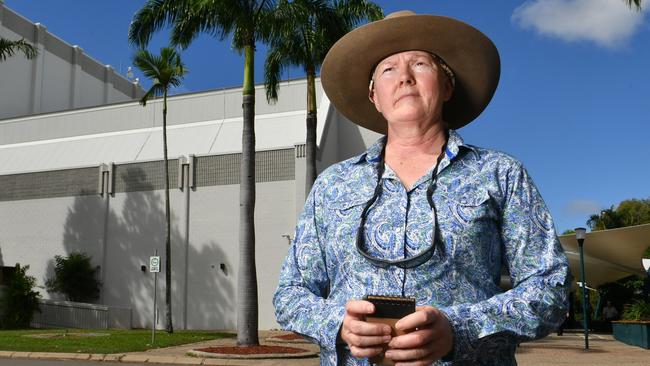
News
Don't miss out on the headlines from News. Followed categories will be added to My News.
Townsville councillors have heard that supply-chain issues and contractor unavailabilities have led to delays in significant projects, which has required $59m adjustments to the council balance sheets.
Council staff including chief executive Prins Ralston answered questions over discrepancies in the budget related to workforce and capital works projects in the council meeting, mostly from outspoken councillor Fran O’Callaghan.
The biggest cause for concern among councillors was a $59m cutback in capital expenditure and funding.
The budget expected to spend $405.6m in capital expenditure but the mid-year review scaled this back to $346.1m, while received grants was budgeted to be $259.2m and decreased to $199.1m.
The reason for the cut-back is that there were delays in delivering the Haughton Pipeline, 14m, and the Lansdown Eco-Industrial Precinct, 36.6m, because of supply chain issues and because of unavailability of contractors, which would push those funds into the next annual budget.
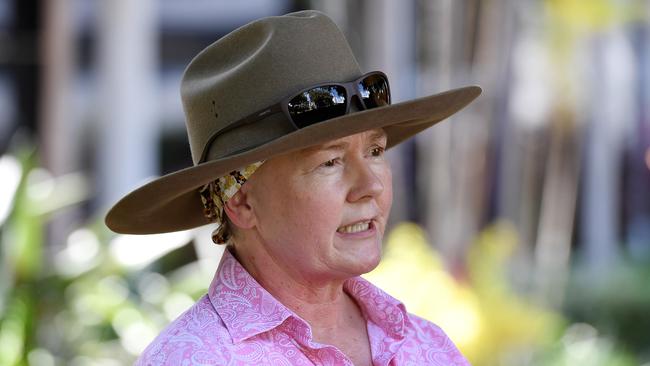
The Federal Government axed funding Dingo Park Rd in a $33bn cutback in road infrastructure, which had meant another $8m disparity in the council’s budget, while $9m for the Ross River Pipeline renewal had already been accounted for last year.
Dr Ralston said there had also been some fluctuation in wages in the broader budget because available staff positions had been filled earlier than expected.
After the chief executive’s explanation, Cr O’Callaghan, who is vying for Mayor, criticised lack of access to information before the meeting.
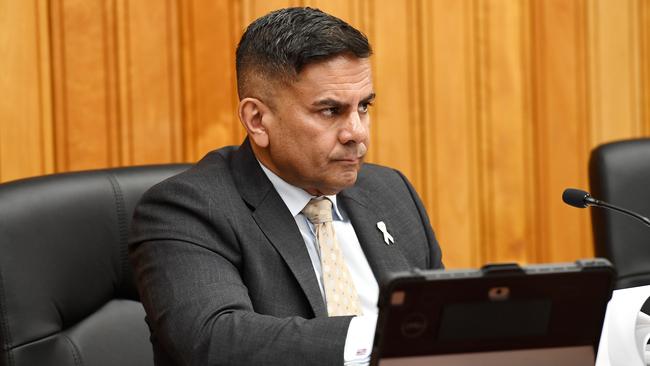
“I don’t expect to have to ask questions of experts continually when I am a layperson and without the expertise and knowledge that the executive of this council has relative to the financial affairs of this council,” she said
“I expect it to be provided to me on a plate for me to digest, not to be told ‘if you go to walk-in and ask the questions.’”
She said councillors needed to be “spoonfed” the information by the experts, but at the same time, she did not believe in private sit-down meetings with those same people.
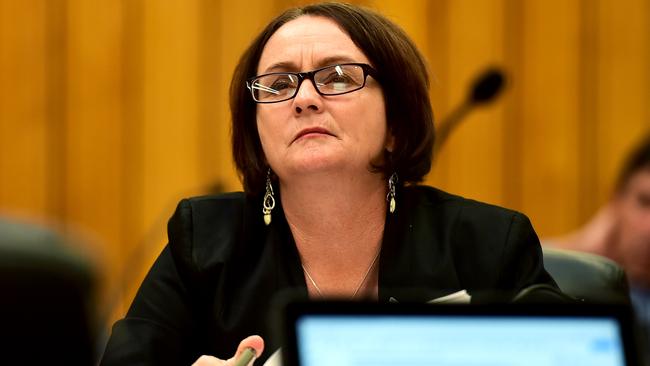
“I don’t engage in walk-ins, I totally disagree with them,” she told The Townsville Bulletin.
“I want everything in writing … everyone needs to be accountable for their questions and answers and I believe that should be in a written format.”
Budget papers were given to Townsville’s councillors on Friday evening, which allowed them the weekend to research before they had the chance to ask questions of the executive team in private meetings on Monday.
Cr O’Callaghan said this was not enough time for an elected layperson to determine the significance of budgetary numbers and to then question the council’s financial department.
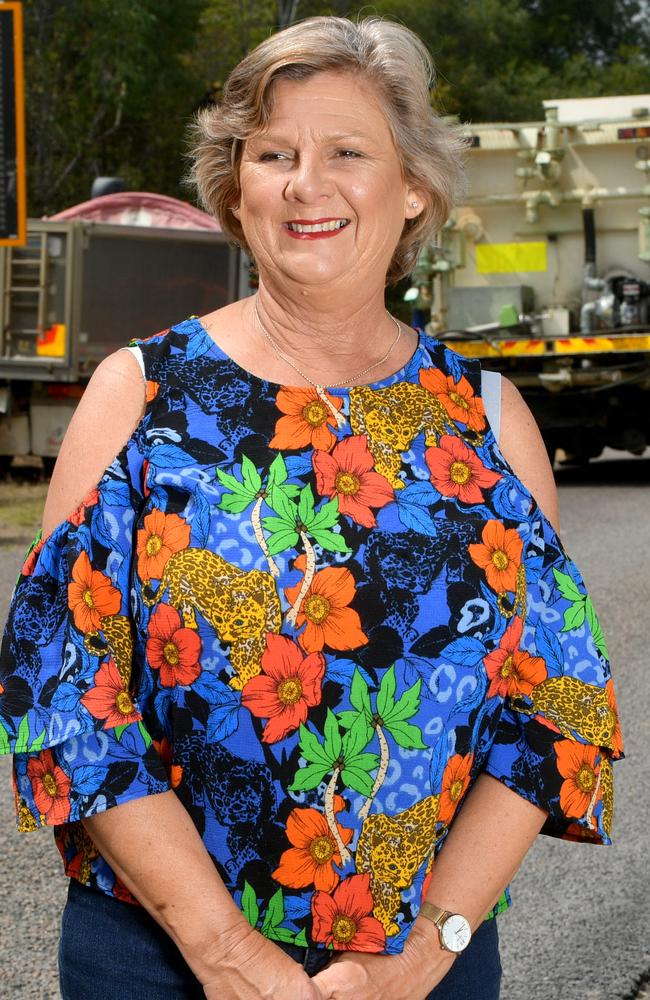
Deputy mayor Mark Molachino, who chaired the council meeting while Mayor Jenny Hill concentrated her efforts presiding over the Townsville Local Disaster Management Group, recommended the mid-year review to be accessible to the public, which was then removed from the confidential section of the agenda.
Division 1 Cr Margie Ryder apologised to the council because she had criticised budgetary contradictions on social media.
Her “biggest misunderstanding” had been over the $59m cutback which was explained to her before the council meeting.
“It goes to show why we do the walk-ins,” Cr Ryder said.
“I would have sat here and just gone off my rocker and challenged the $59m.
“Again, my apologies for the misinterpretation.”
Division 2 Cr Sue Blom said she had been unable to attend walk-in meetings, but she had appreciated the finance team running her through the numbers by phone.
Cr Blom was concerned there could be a further variation in coming weeks due to clean-up and recovery of storm damage.
“Over the years while we have these disasters, it takes the state government forever to give us our money so we could have a budget that’s really badly affected in coming weeks,” she said.
But council staff said there would likely be no variation, because disaster recovery funding was taken into account even before it reached the council’s bank account.
The council would have to meet funding criteria but it was likely that labour costs would meet those.
“We may not have that as cash but we would recognise that as revenue,” the councillors were told.
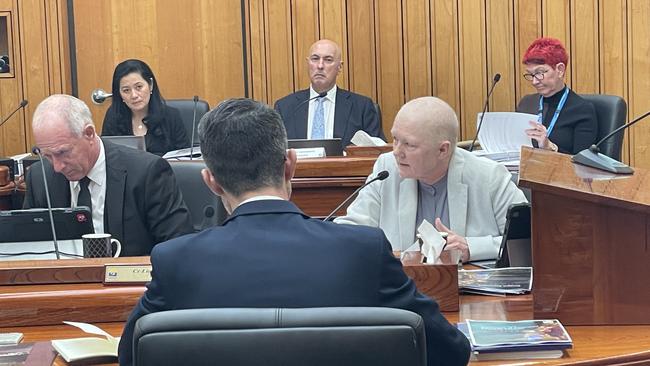
A council spokeswoman confirmed to the Townsville Bulletin there would be “no material changes” in the budget’s operations even though there had been increased pressure on labour, materials and services.
“The council is of course exposed to the cost increases and delays from supply-chain matters and contractor unavailability that are all too familiar to members of the community,” the spokeswoman said.
“Council has forecast delivery timing changes to some capital projects.”
The Landown Eco-Industrial Precinct and the North Rail Yards were being prioritised because of their significance to future economic growth and increased housing opportunity.
The council spokeswoman said all of the councillors were given budget papers at a time “entirely consistent” with standard council practice as well as legislative requirements.
“Councillors were offered an open Q and A session with relevant council staff on Monday January 22 to have detailed discussions about any aspect of the review,” she said.
“However, Cr O’Callaghan did not accept or attend the session.”
More Coverage
Originally published as Townsville councillor’s urge to examine $900m council expenditure





